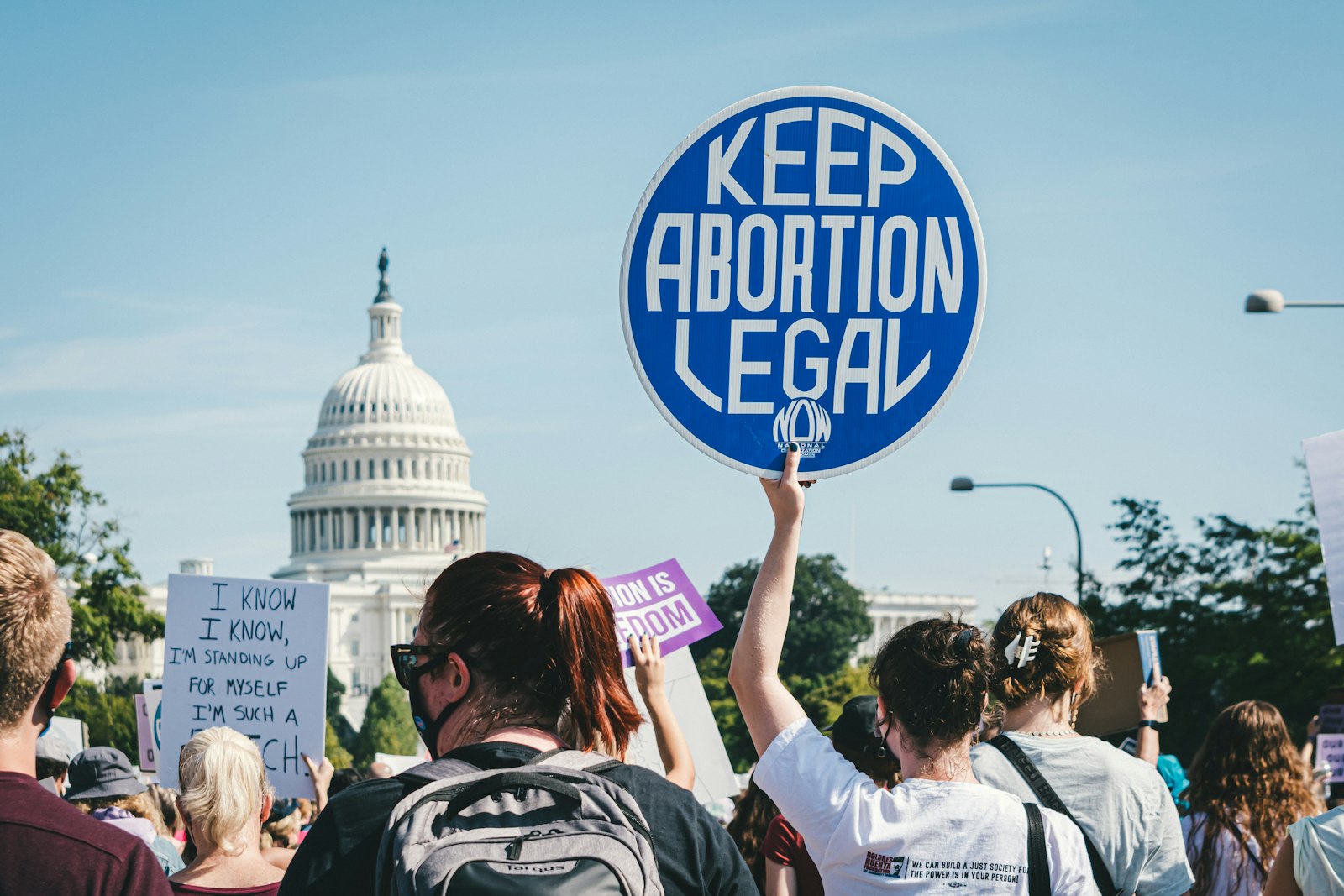This article is the first in a two-part series examining the impact of gender quotas. The second article discusses the impact of quotas in Sweden and India.
Gender quotas exist in a shockingly high number of countries. More than 130 nations have modified their constitutions, electoral laws, or party rules to specify a threshold of women to be selected or nominated to a political body.
Quotas have had a massive impact globally on the number of women in politics, explaining the variation in women’s political representation by country. Between 1995 and 2012, many countries implemented quotas globally, and one study found a correlation between quotas and women’s political representation. Women’s political representation jumped from 11 percent to 21 percent during that time. Quotas are also associated with women being elected to government positions even more so than democratic ideals, economic development, or religious norms.
Implementing Quotas
Quotas may be implemented in three stages in the electoral process. Quotas may exist in the “aspiration stage,” the earliest stage in the electoral process, in which people are considered for nominations. This is most commonly done through voluntary party quotas, in which individual political parties specify the percentage of nominees that must be women. These quotas exist in nations such as the United Kingdom and Germany.
Quotas are also useful in the “candidate stage,” in which political parties decide who to place on their ballots. Constitutional and/or legislative decisions by the central government set legal candidate quotas. These rules regulate the composition of the ballot, mandating that a certain percentage of candidates be women. This works best in a proportional representation (PR) system in which political parties submit a list of candidates, and seats are allotted to parties based on the proportion of votes they win in an election. The parties then send the candidates on their list to serve in parliament, starting from the name at the top and only sending as many people as the popular vote apportioned. These quotas exist in countries such as Mexico and Indonesia.
Lastly, quotas may be used in the “election stage,” which is the final stage in the electoral process. Generally, the national government creates a constitutional and/or legislative rule that reserves a certain percentage of seats in the legislature for women. These quotas exist in countries such as China and Rwanda.
In truth, the effectiveness of these different types of quotas varies by nation. In a study of 167 countries from 1992 to 2012, researchers analyzed the effectiveness of different quotas in a variety of systems. Voluntary party quotas were more effective in developed countries. Yet, these quotas had a limited impact without a universal mandate across political parties.
According to the study, candidate quotas had the potential to be effective in all countries but only under three conditions. Quotas had to be accompanied by placement mandates ensuring that women were ranked in winnable positions in PR lists. For example, women could not be placed at the bottom of a list of 50 people when the party assumed they would only get about 10 seats. There had to be sanctions for noncompliance, such as fines or the nullification of a party list. The threshold for women also needed to be at least 30 percent. For example, France used to have a weak sanctions regime for non-compliance and no party mandates, which resulted in hardly any more women being elected to government. However, after a 2007 reform increasing financial penalties, the percentage of women elected to government doubled, though still not reaching parity as France continued to lack a placement mandate.
Finally, reserved seat quotas were only significant in the least developed countries, such as Rwanda, Uganda, and Tanzania. In fact, no developed countries had this type of quota system. The study defines developed and developing countries using the World Bank Index, which classifies countries based on their Gross National Income per capita. This addresses a country’s infrastructure and levels of industrialization compared to other nations. Developed countries are those with newer, more emerging economies compared to countries with well-established economies. Pressure from international organizations or a desire to gain legitimacy by quickly electing more women were two potential explanations for this trend. Additionally, the study hypothesizes that many developing countries have recently been in the process of redesigning their constitutions, and have thus easily been able to adjust their election methods to include quotas.
Overall, the role that quotas play in increasing the political representation of women is both complex and varied.
Improving Representation
The most obvious benefit of quotas is that they improve descriptive representation, meaning that the makeup of legislatures reflect population demographics. Many argue that descriptive representation is crucial for achieving broader gender equality. It works in a positive feedback loop: if more women are in office, then more women will be encouraged to run for office due to a role model effect in which they see people like themselves winning seats. If more women begin to run for office, then even more women will test the limits of what is possible for political representation.
In addition to the role model effect, advocates argue having more women in office is important for substantive representation. This includes representation on issues that are traditionally seen as gendered. Studies indicate that women report more concern about poverty and healthcare than men, while men prioritize national defense and military spending more than women.
Evidence of a contagion mechanism, or that parties in countries with quotas devote more attention to social justice issues in their manifestos than similar parties in countries without quotas, reinforces this gendered substantive representation. Even if the number of women elected does not greatly increase, the mere existence of a quota signals to party leaders that they should focus more on social justice issues.
Finally, quotas have been shown to improve the overall quality of politicians. One study of the Italian electoral or constitutional gender quota implemented in 1994 found that women were five percent more likely than men to have local government experience. Women also attended legislative sessions seven percent more than men elected to PR seats. Another study of Italy’s previous gender quota found that the level of education of politicians substantially increased after its implementation. One explanation suggests that the quota substituted low-educated men with high-educated women, increasing the average quality of politicians. Interestingly, the Italian Constitutional Court declared the quota law unconstitutional in 1995, meaning that no elections after 1994 could use a mandated quota system. This makes Italy a particularly useful case study because the country has comparison data from both before and after the quota.
Impairing Democracy
While quotas may improve important metrics of representation, they are nonetheless often seen as anti-democratic. Some argue that quotas elect people based on arbitrary population demographics instead of their merit. Rather than providing equality of opportunity, quotas bias elections in favor of women. Studies demonstrate that this is a common perception of gender quotas across different fields: they unfairly advantage certain groups, thereby harming others. For many, this anti-democratic sentiment is more important than any tangible benefits reaped through quotas, including substantive changes in policy-making.
Some articles argue that quotas manipulate voters’ choices. Instead of truly reflecting the political equilibrium, quotas artificially change the candidate pool. Therefore, voters decide between candidates who have been tailored to fit certain roles, restraining voters from making a completely free choice.
On top of this, some women’s rights activists claim that quotas are detrimental to women’s causes. Quotas imply that women cannot be elected on their own because they need governmental or political party preference to succeed in politics. This not only delegitimizes female candidates elected through the quota but also women elected without the help of quotas. These advocates also claim that quotas are disrespectful in their assumption that women cannot get seats on their own and must instead rely on quota requirements. These groups argue that as a result, women are less effective in their ability to govern because they are negatively labeled as “quota women.”
There are also concerns about how gender quotas affect the representation of other minorities. People worry that gender quotas push other minority groups out of politics since only women from the dominant classes tend to be elected. As a result, some people in society worry that every other minority group will also begin to demand quotas to improve their representation in government.
Finally, some evidence suggests that quotas are not that effective. In a set of quantitative models, one study found that quotas do not explain variation in the percentage of women elected to parliament in different countries. For the most part, studies find that quotas are only effective under a limited set of conditions that many countries are unwilling to implement. If quotas do not even help to elect women, then they create much controversy for very little gain.
Overall Impressions
Despite extensive research, it remains unclear the effect that quotas have on their own. Ultimately, there exists substantial variation from country to country in how quotas might work. This is why it is so essential to analyze quotas in the context of specific governments, rather than making a blanket statement about them.
Click here to read the second part of the article on quotas in Sweden and India.





